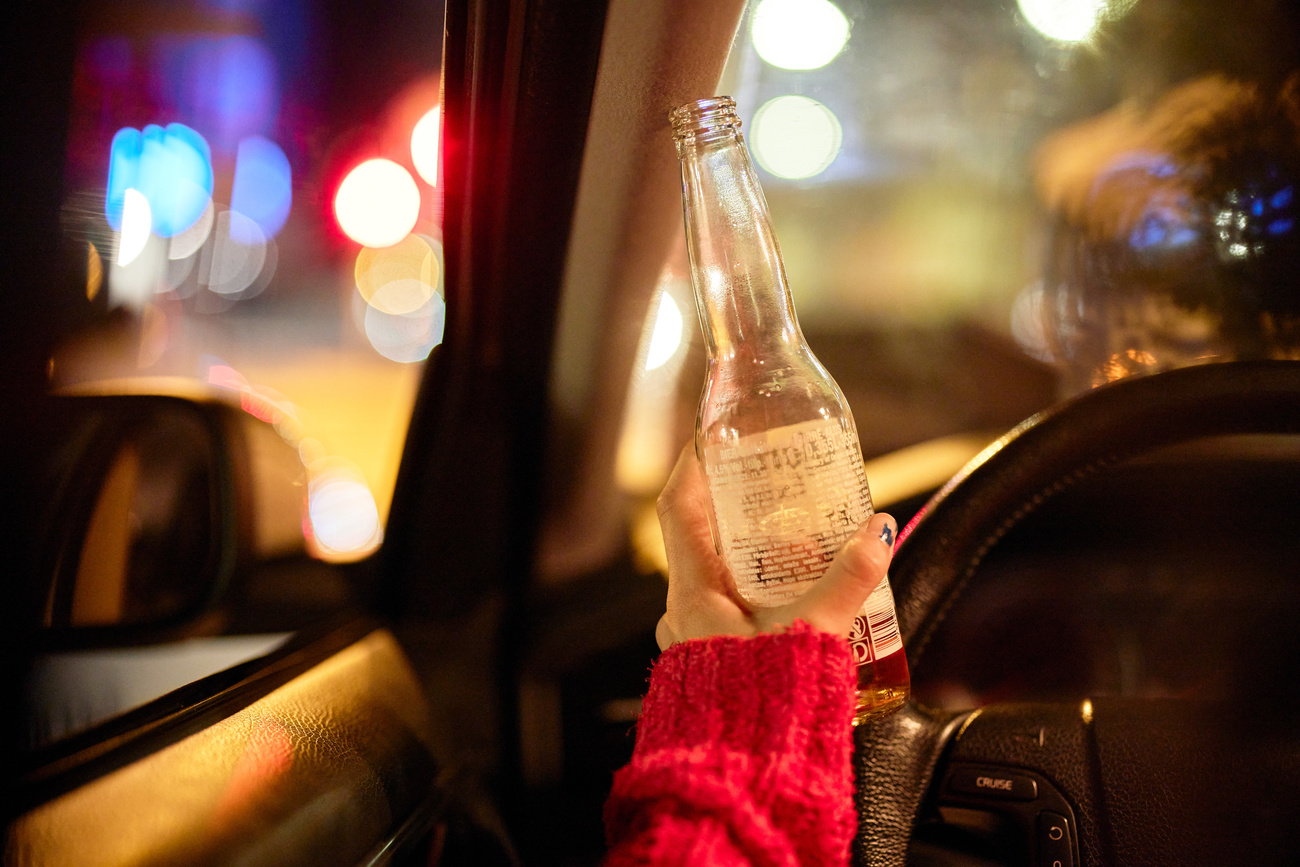New gel developed in Zurich renders alcohol harmless

Swiss scientists have developed a new gel that could negate the adverse effects of drinking alcohol.
The substance, which has been developed by researchers at the Federal Institute of Technology ETH Zurich, breaks down alcohol in the gastrointestinal tract before it enters the bloodstream, according to a study published on Monday in the journal Nature Nanotechnology.
+ Binge drinking increases among Swiss youngsters
The gel has been tested on mice without adverse effects. It is anticipated that the gel will also reduce the harmful and intoxicating effects of alcohol in humans, as lead researcher Raffaele Mezzenga explained to the Keystone-SDA news agency.
“Our technology could offer a novel solution in the fight against the global problem of alcohol abuse,” said the researcher.
The gel is composed of whey proteins. In the gastrointestinal tract, it converts alcohol into acetic acid without producing by-products that are harmful to the body.
The researchers also envisage using the gel in a recreational context, said Mezzenga. For example, it could be used to drive home safely after a few drinks. However, a number of clinical trials are still required before it can be authorised for human use.
Adapted from German by DeepL/dkk/mga
This news story has been written and carefully fact-checked by an external editorial team. At SWI swissinfo.ch we select the most relevant news for an international audience and use automatic translation tools such as DeepL to translate it into English. Providing you with automatically translated news gives us the time to write more in-depth articles.
If you want to know more about how we work, have a look here, and if you have feedback on this news story please write to english@swissinfo.ch.

In compliance with the JTI standards
More: SWI swissinfo.ch certified by the Journalism Trust Initiative












You can find an overview of ongoing debates with our journalists here . Please join us!
If you want to start a conversation about a topic raised in this article or want to report factual errors, email us at english@swissinfo.ch.